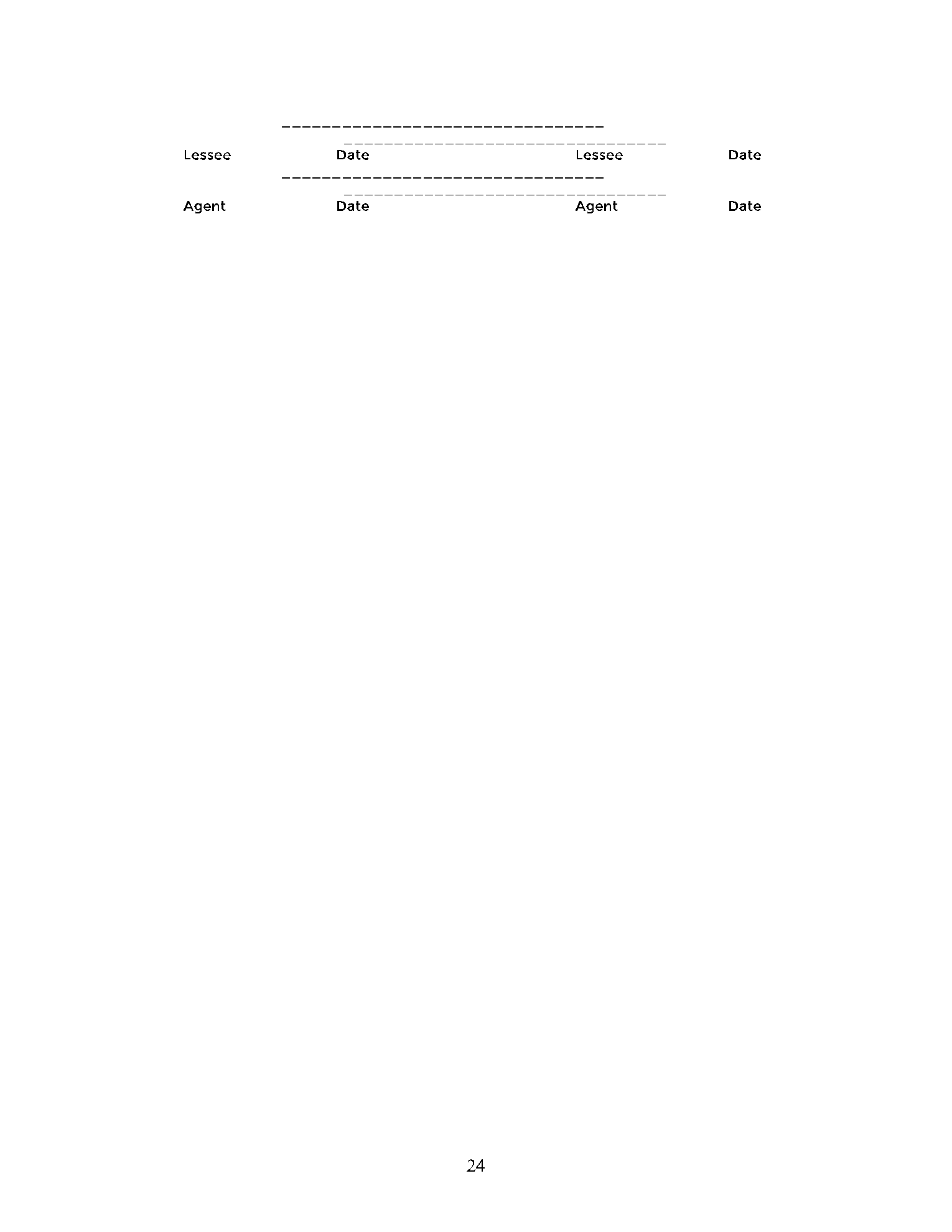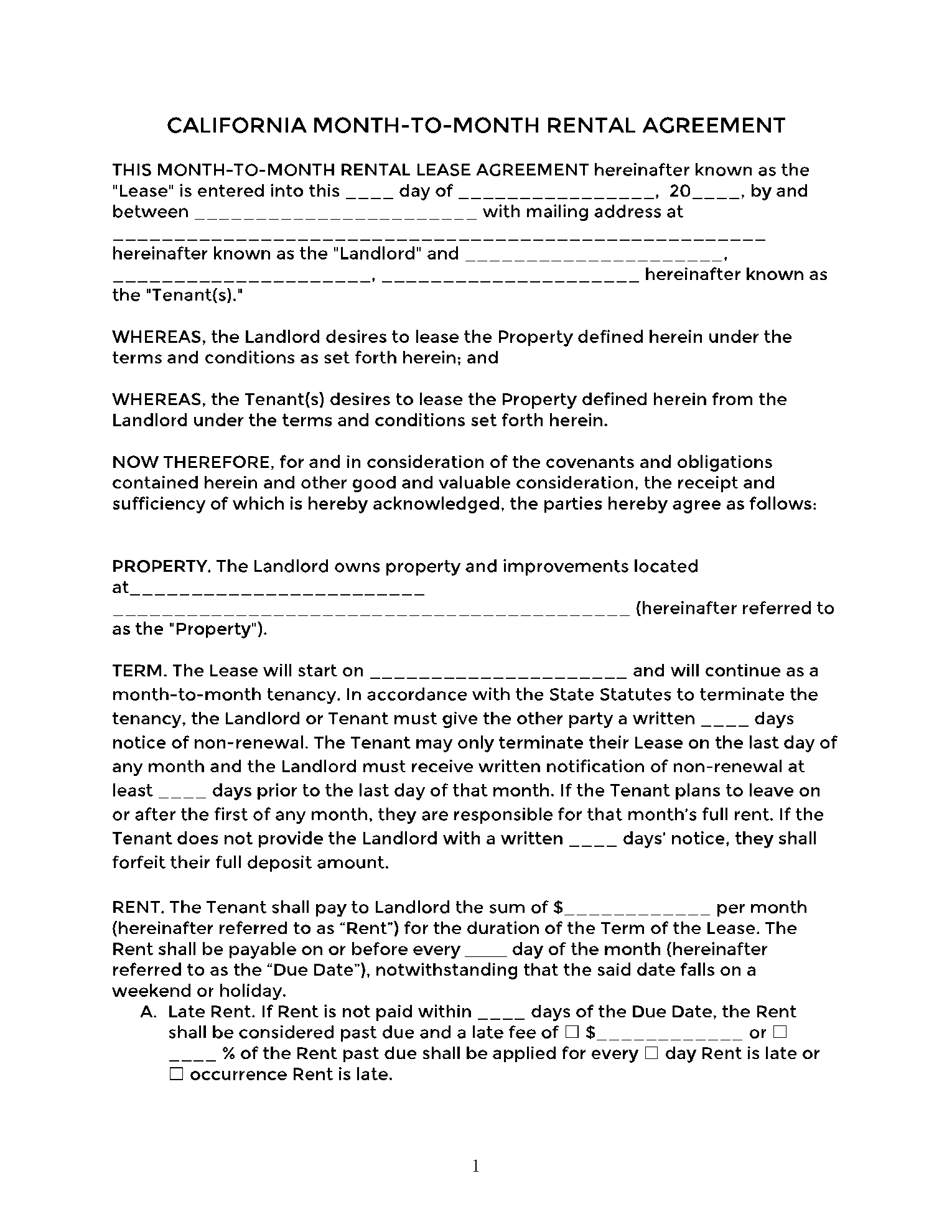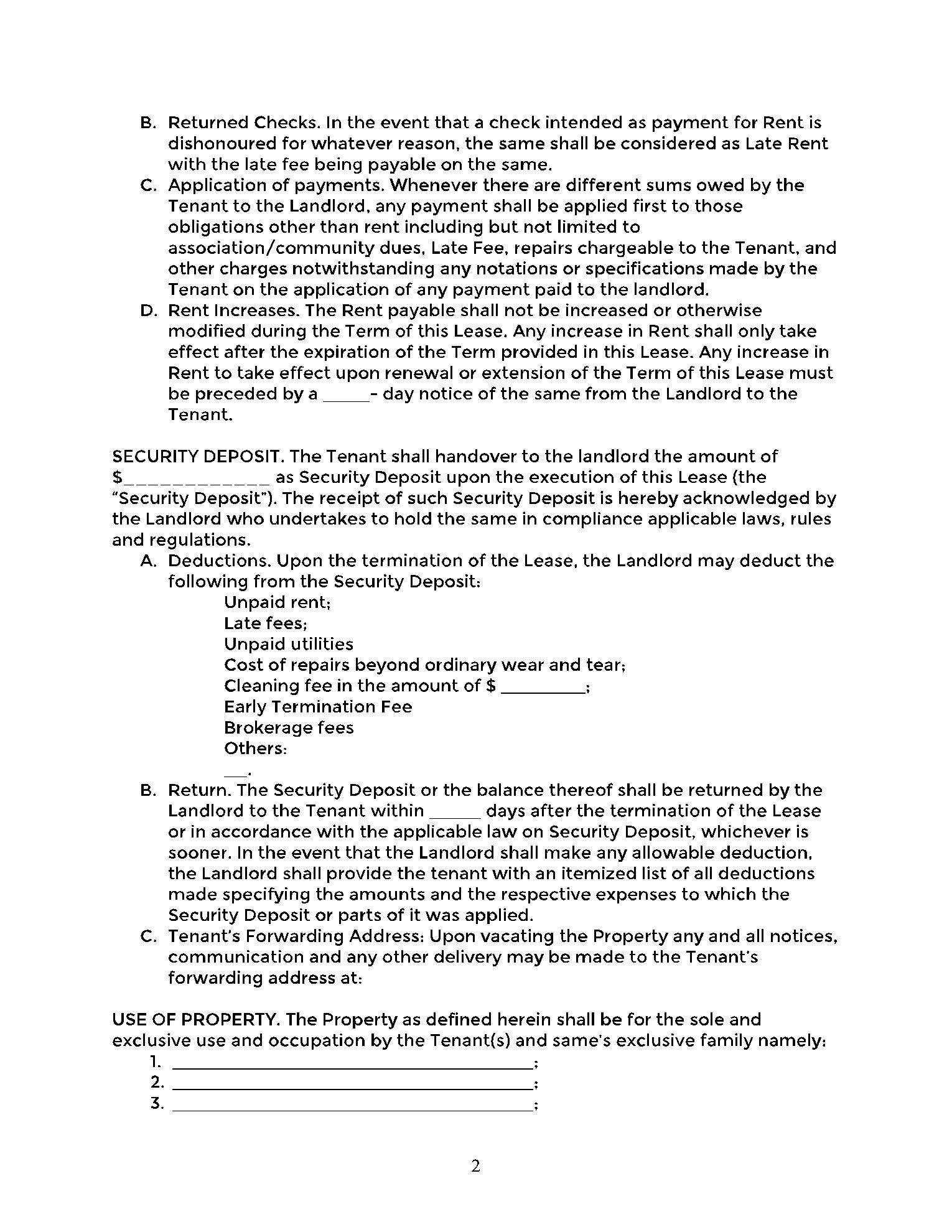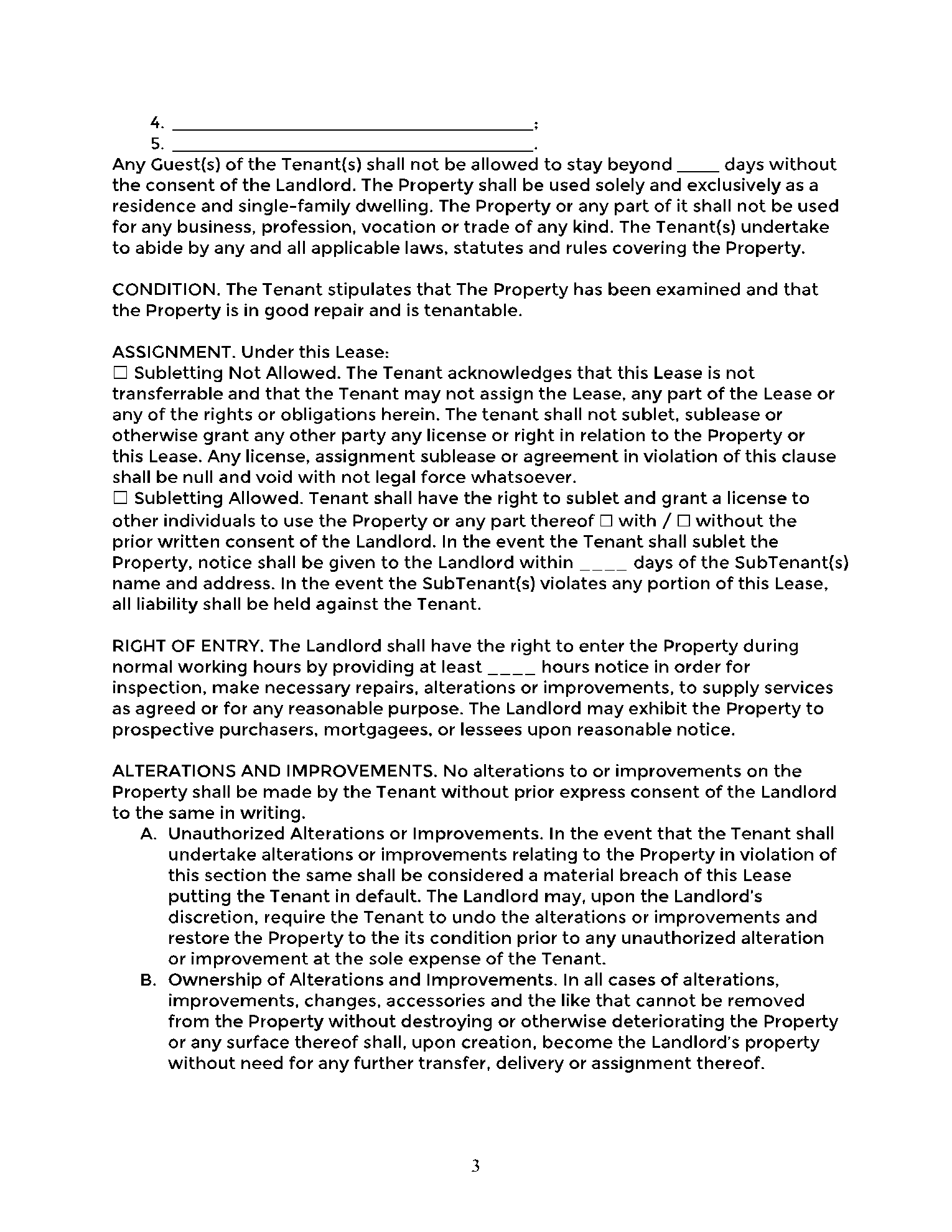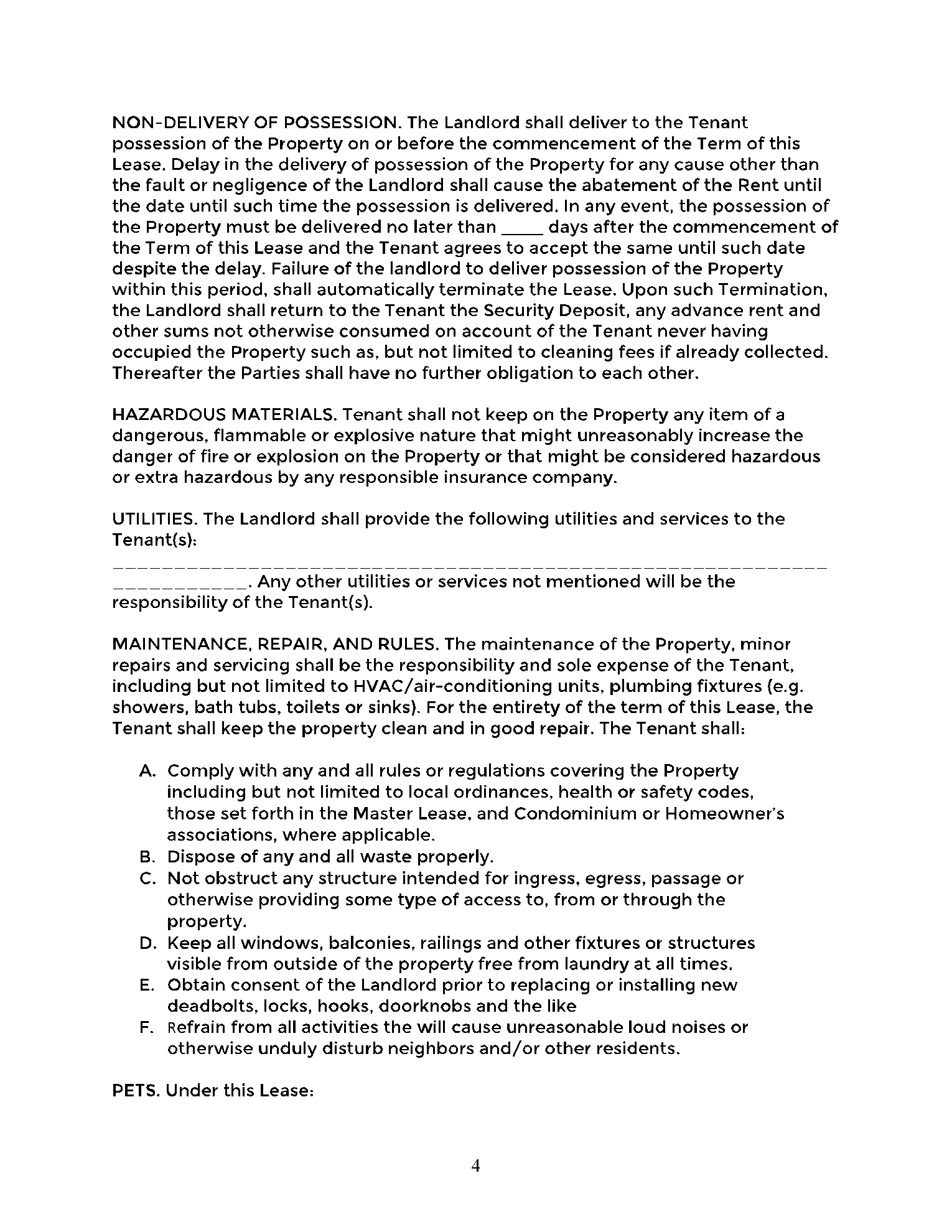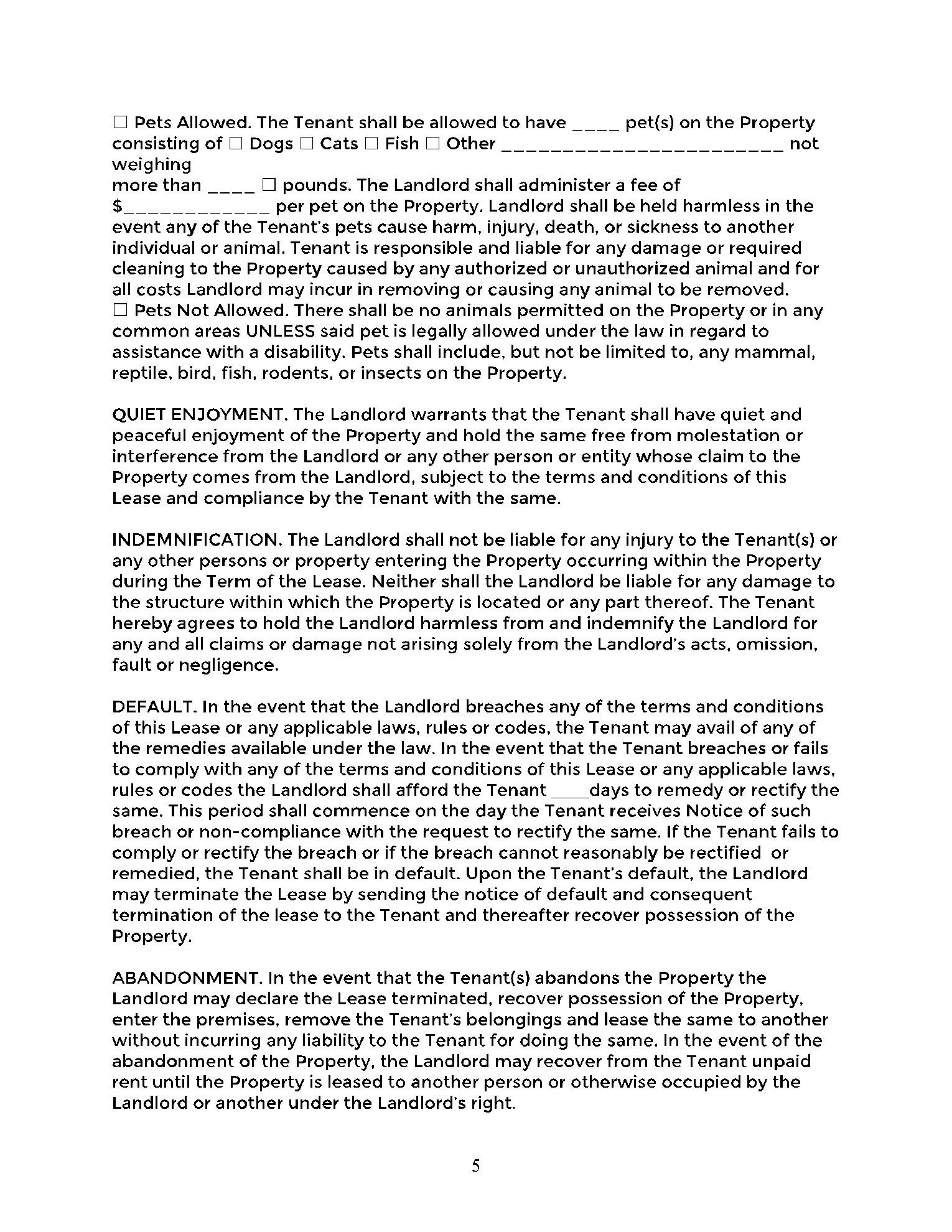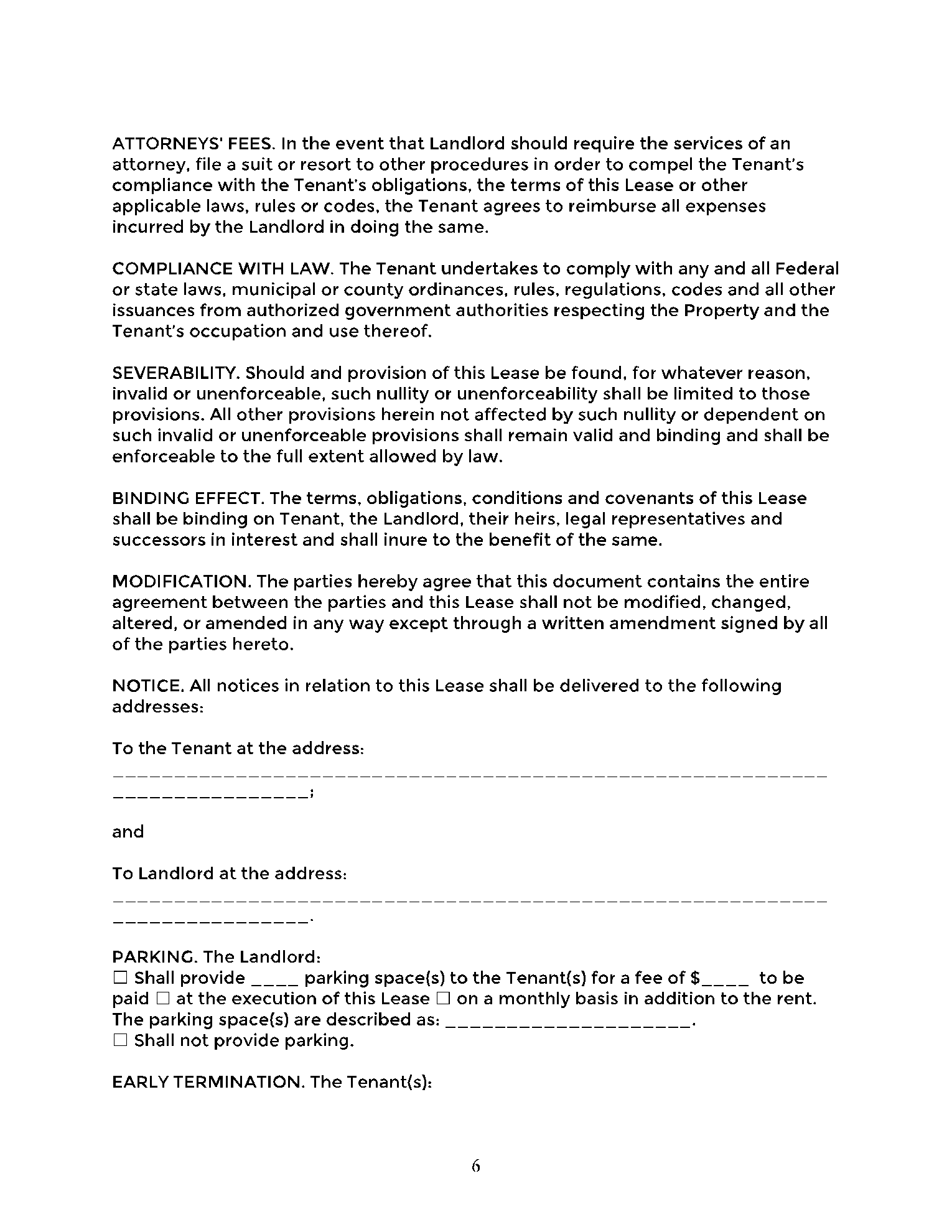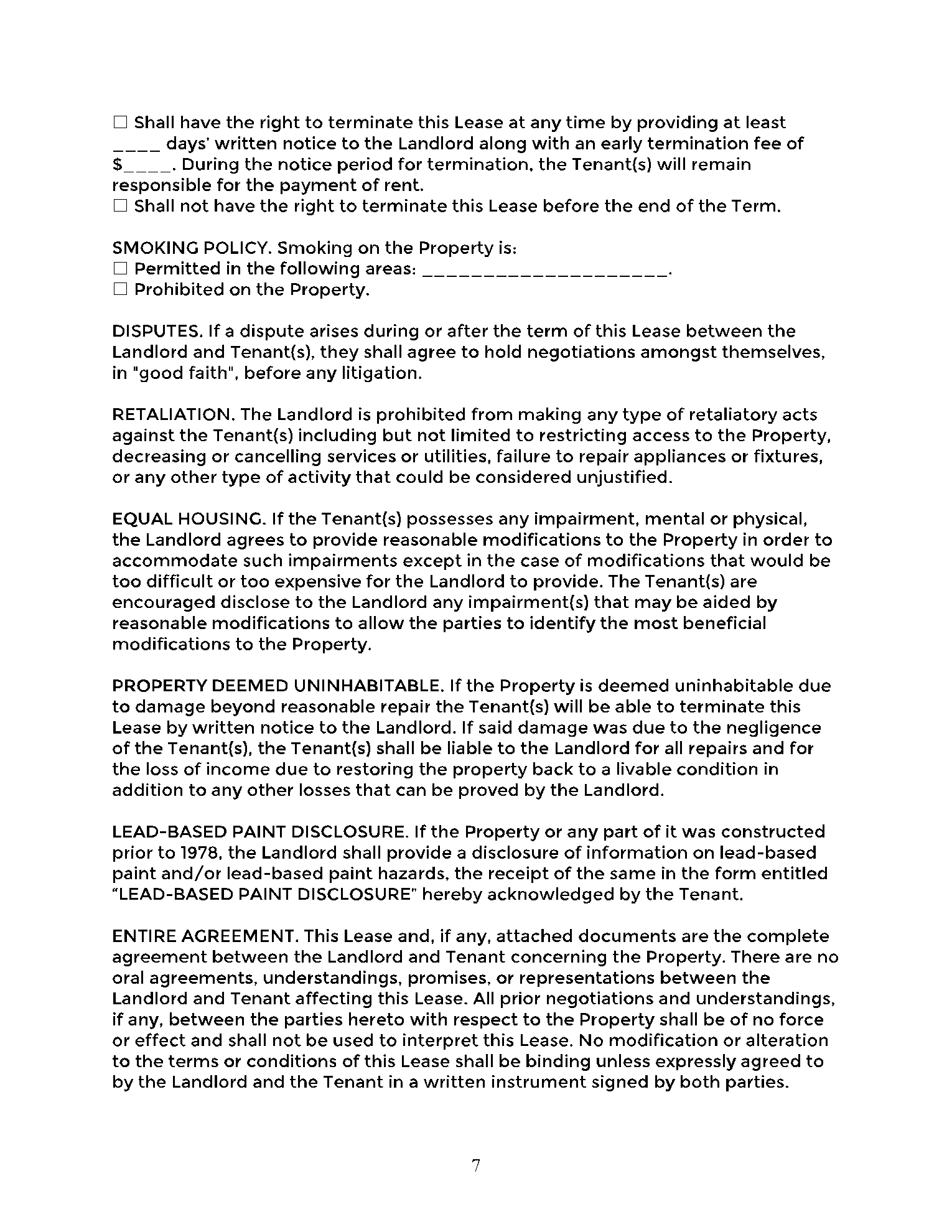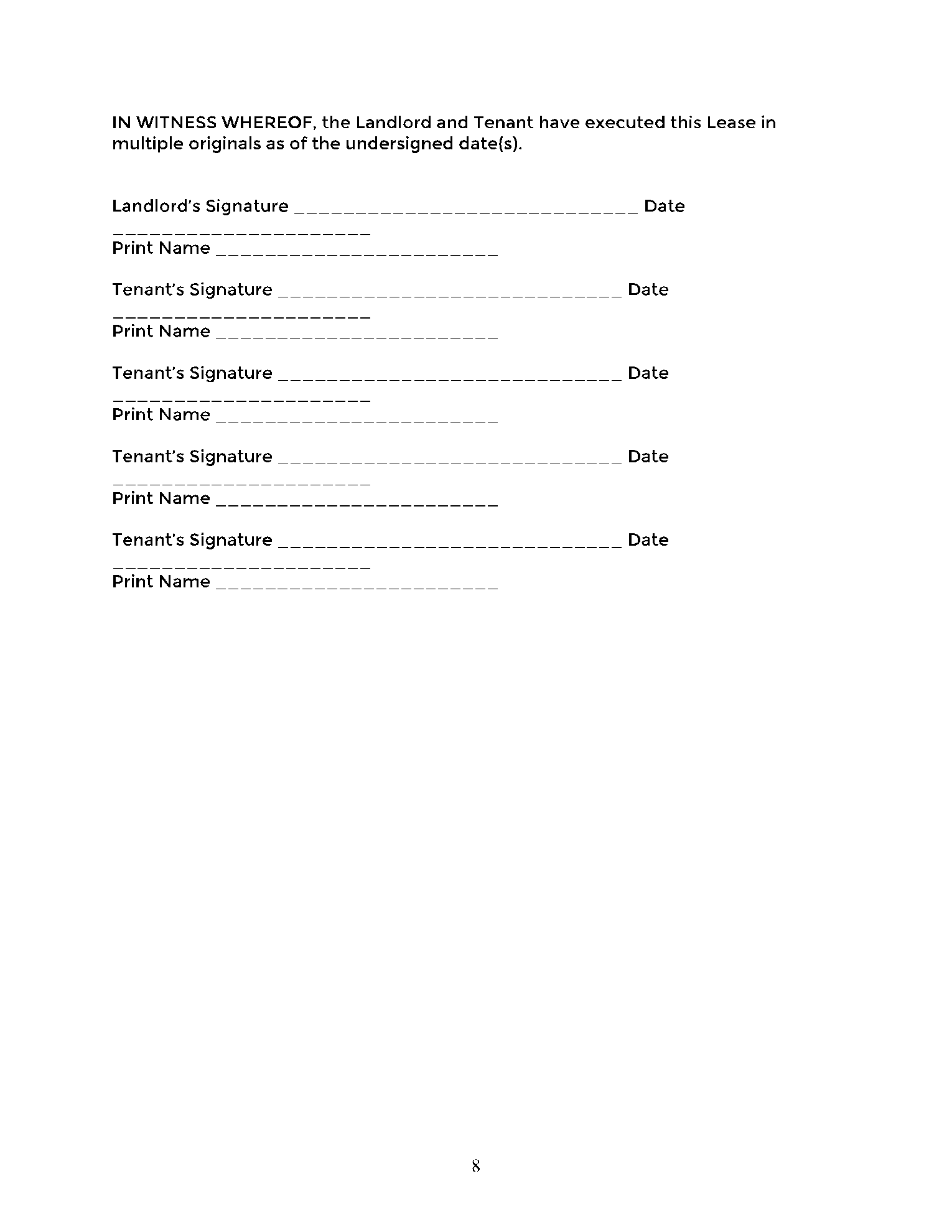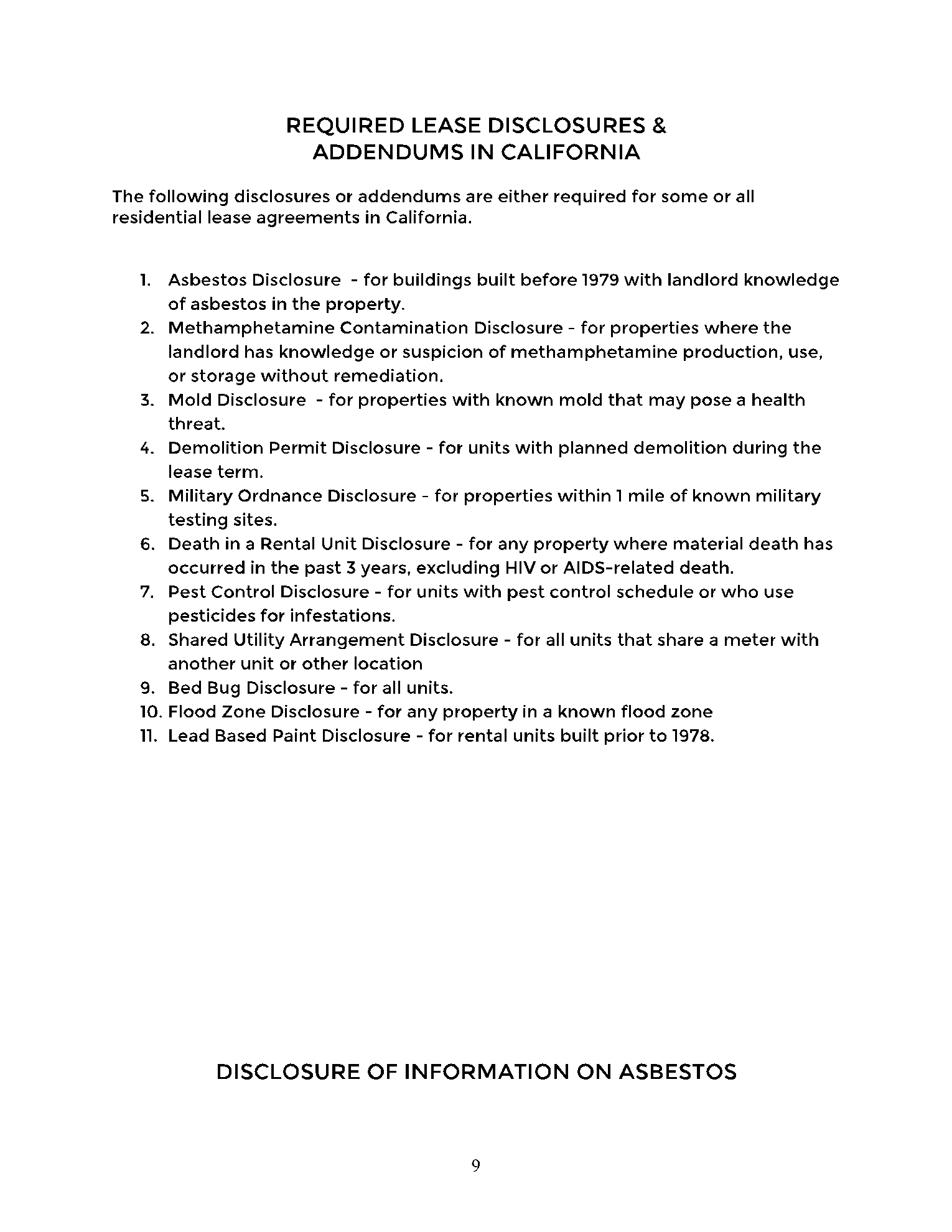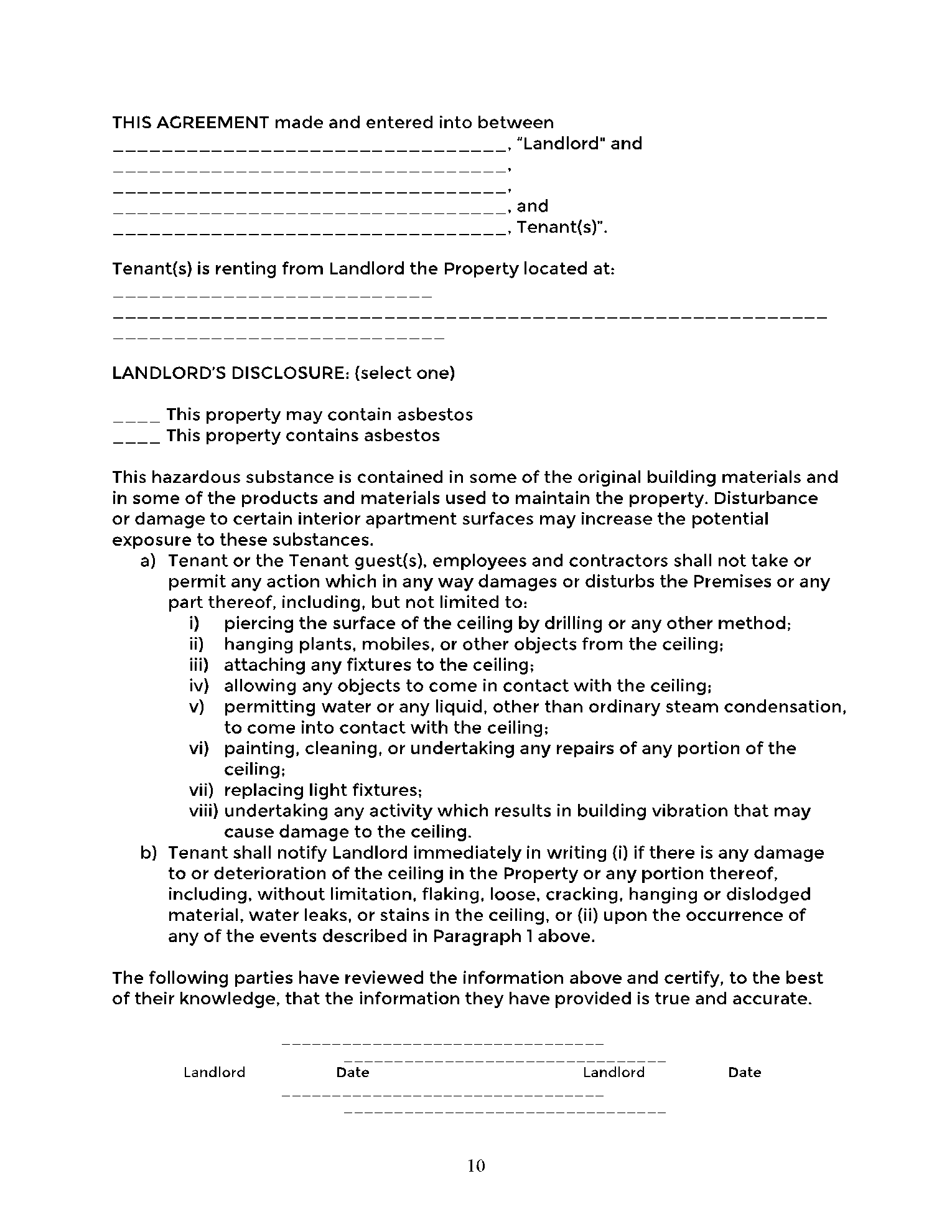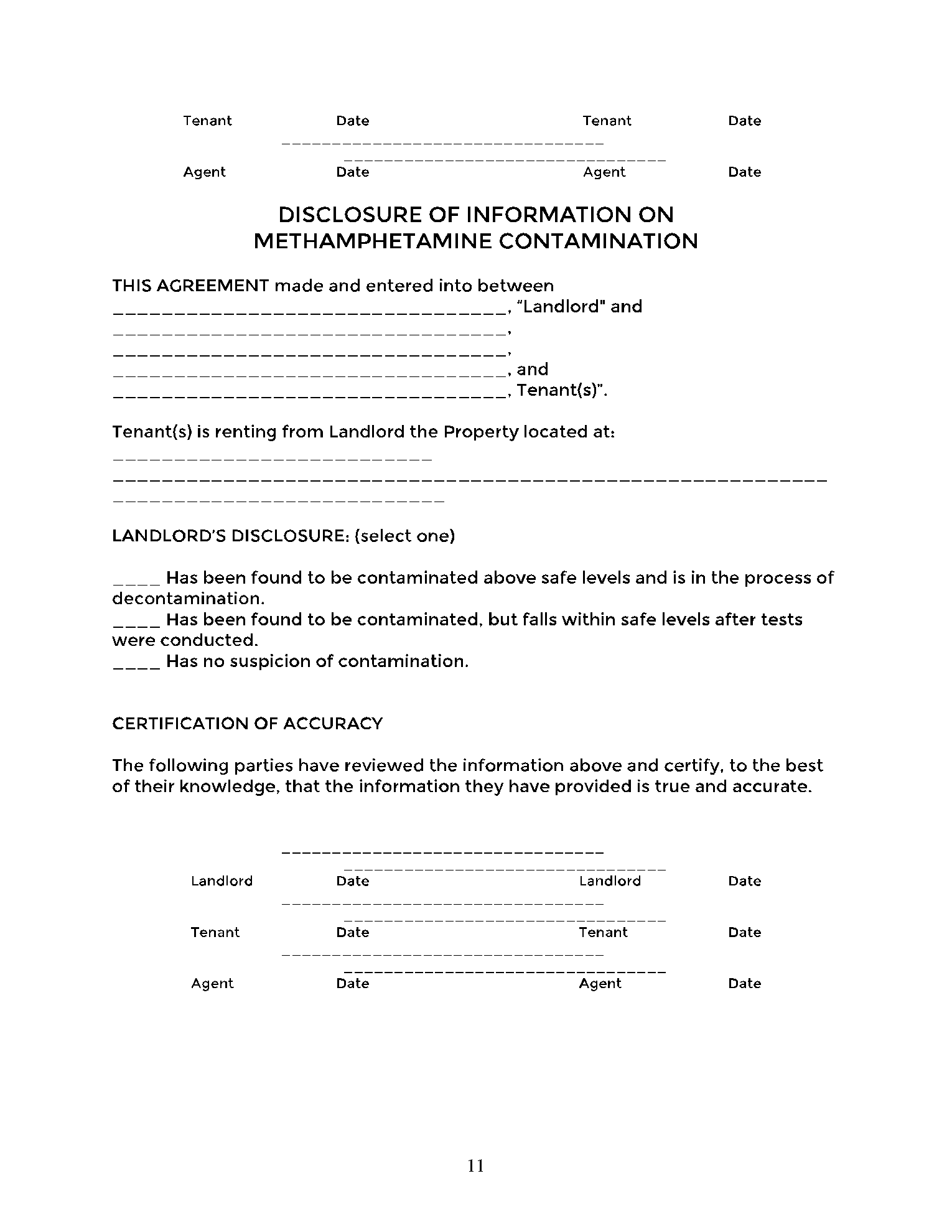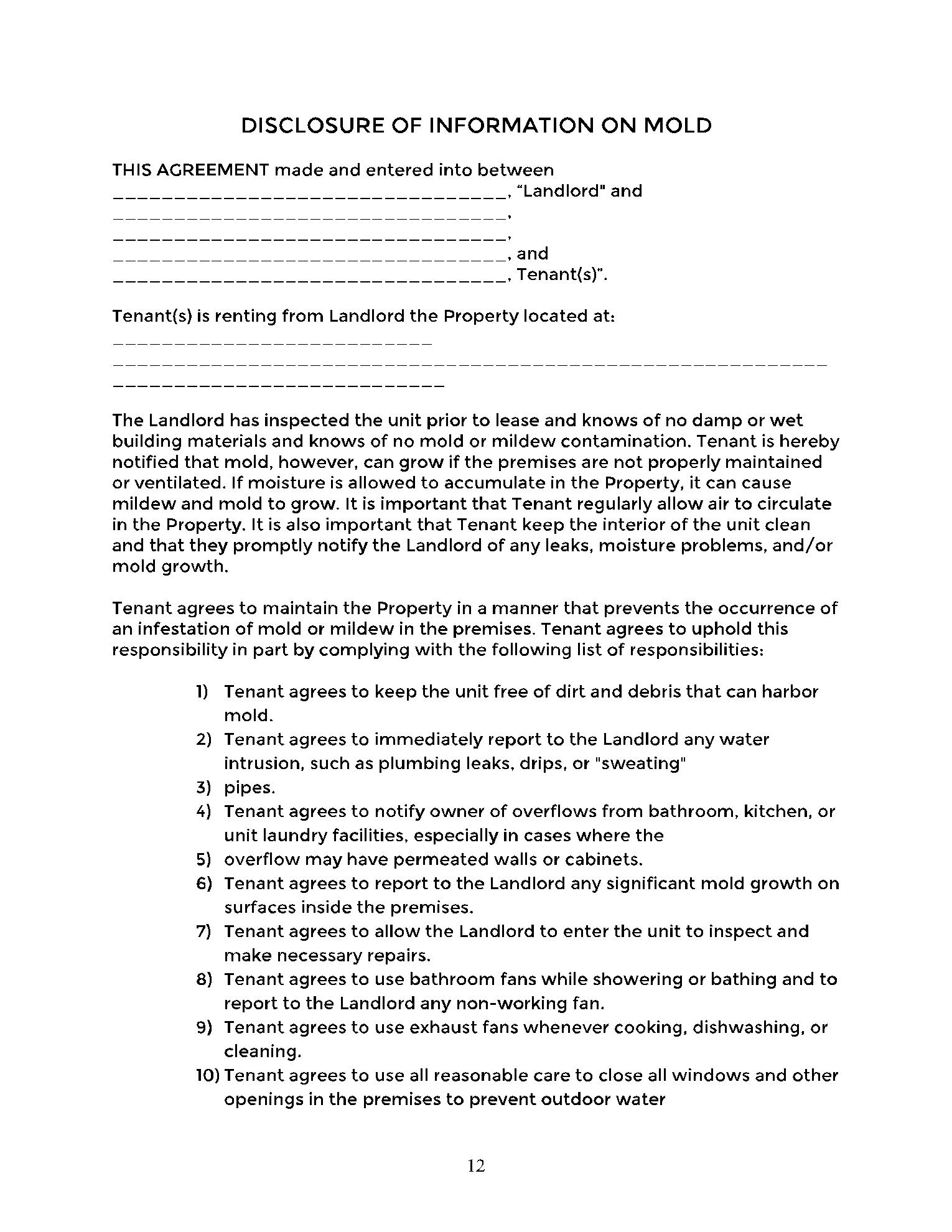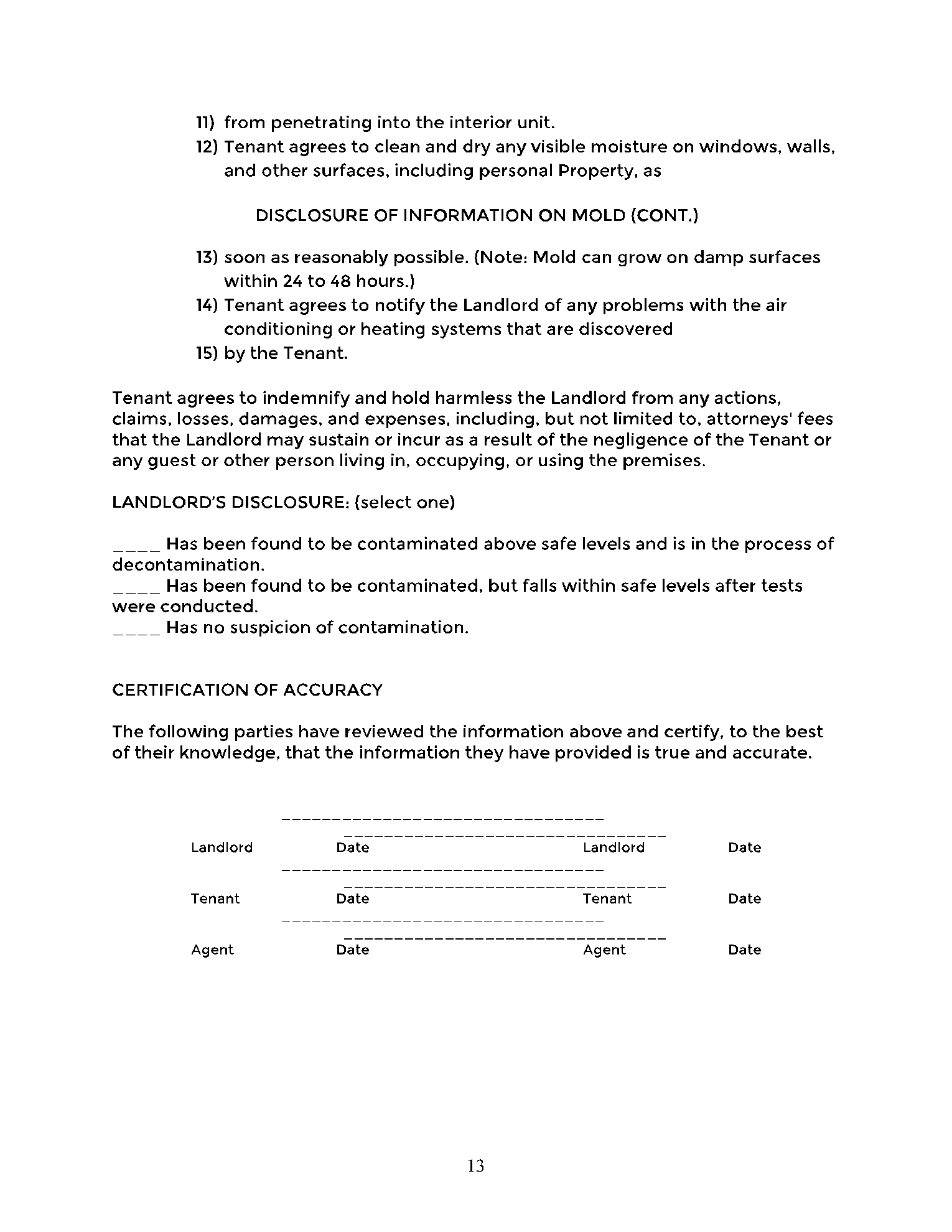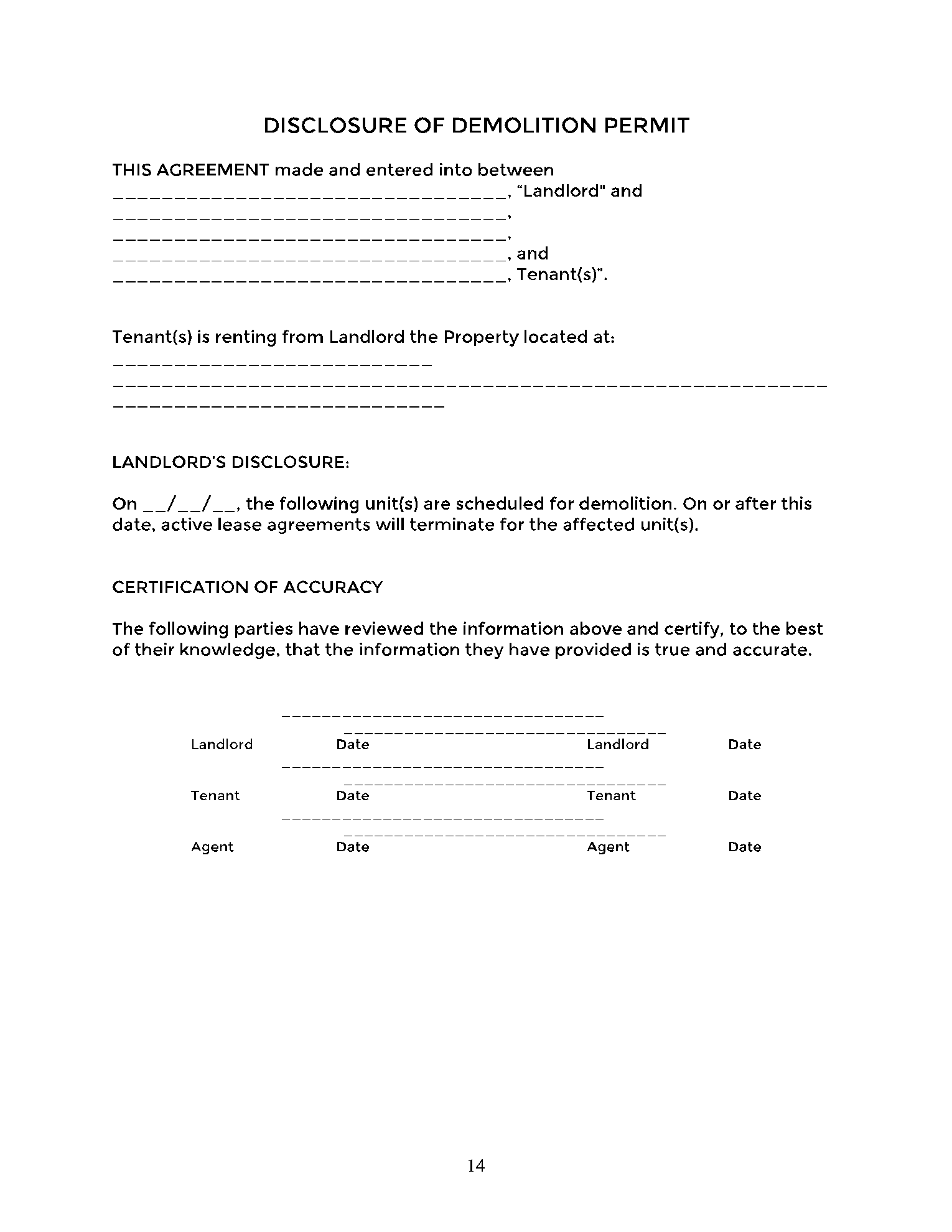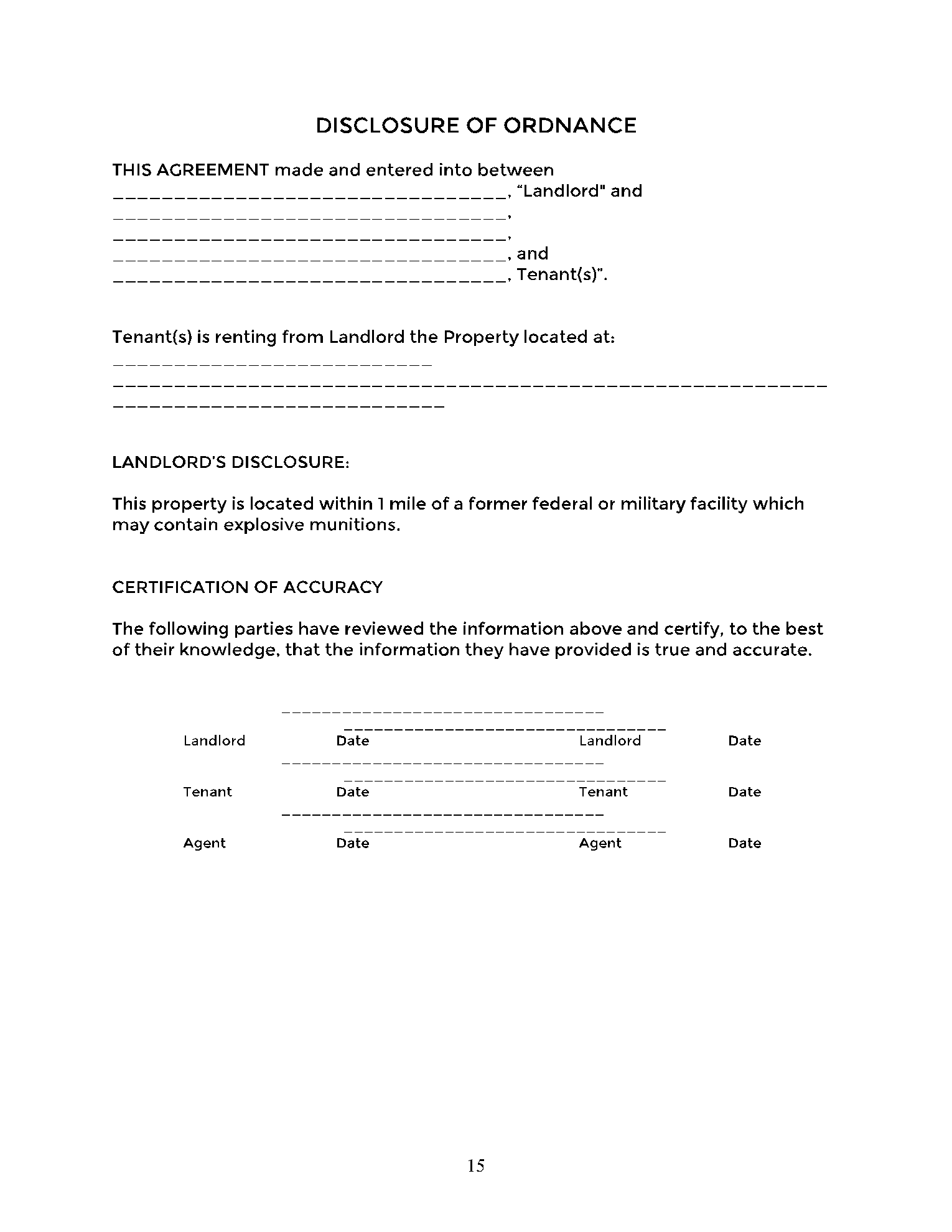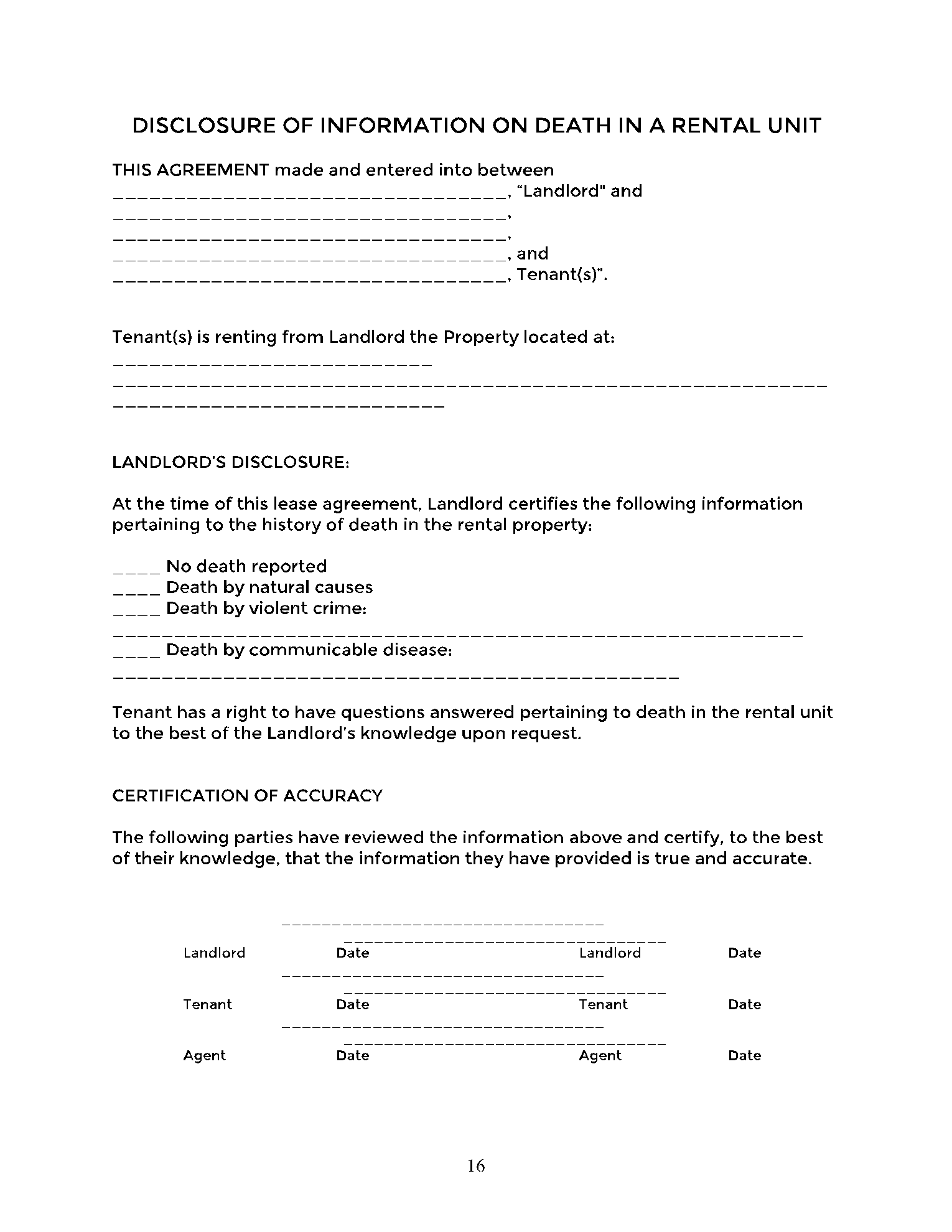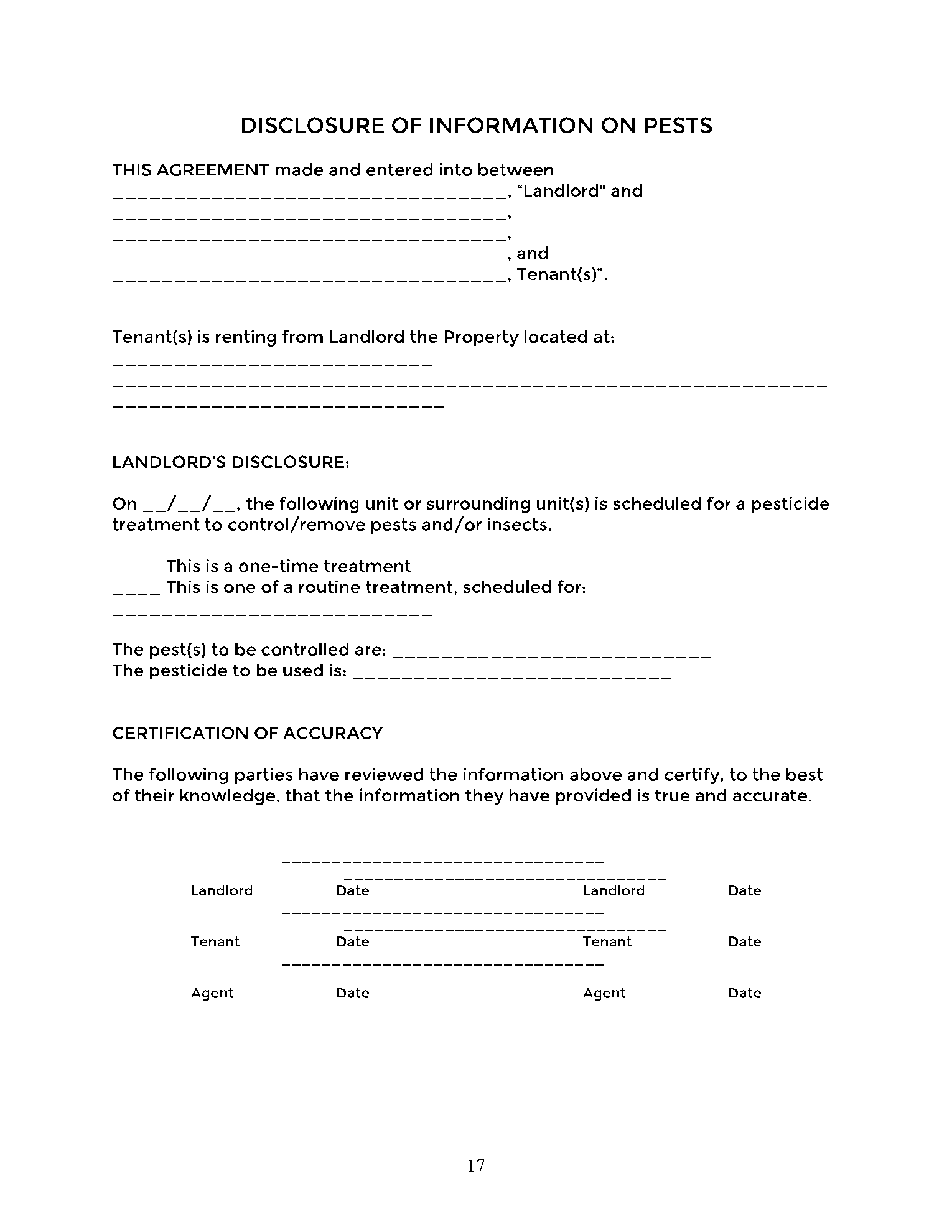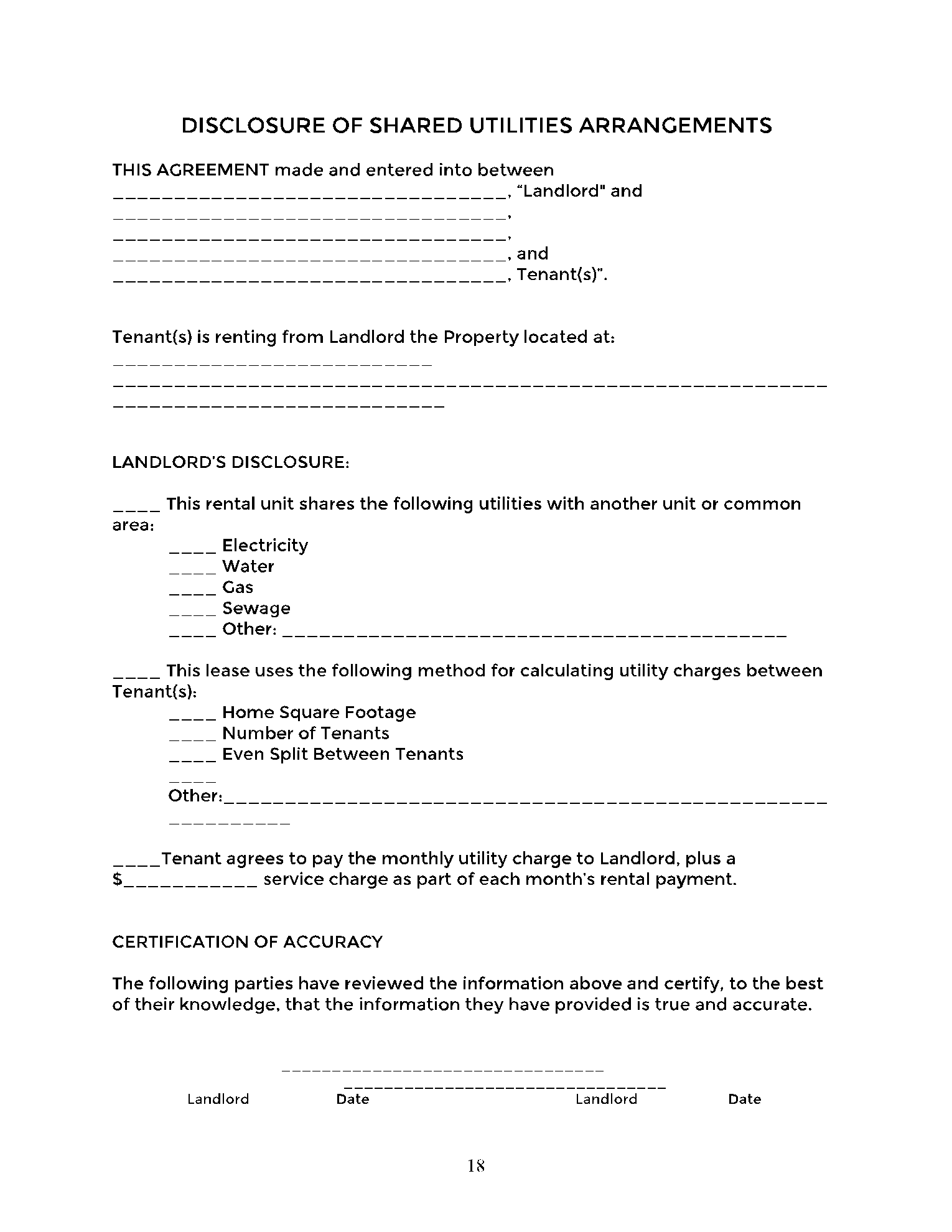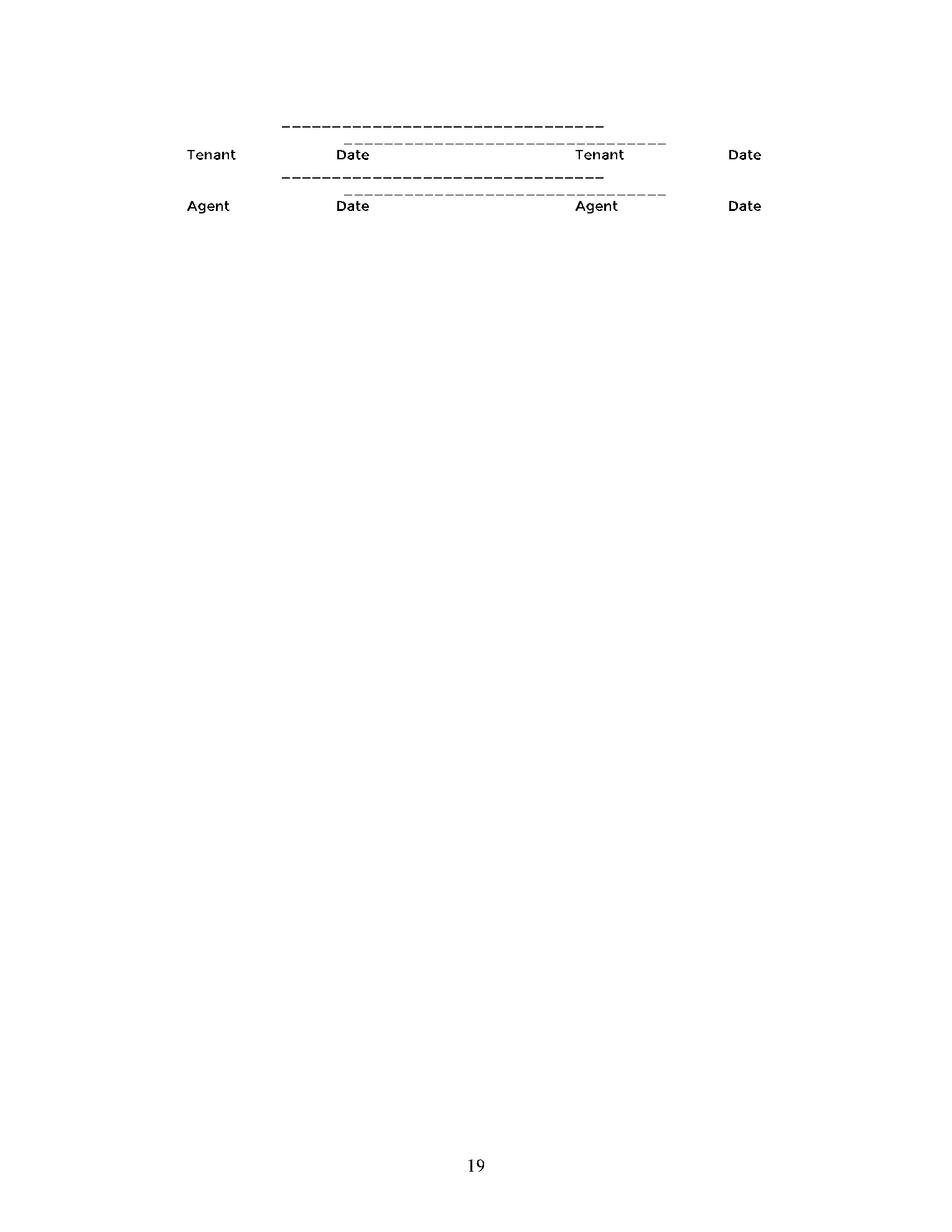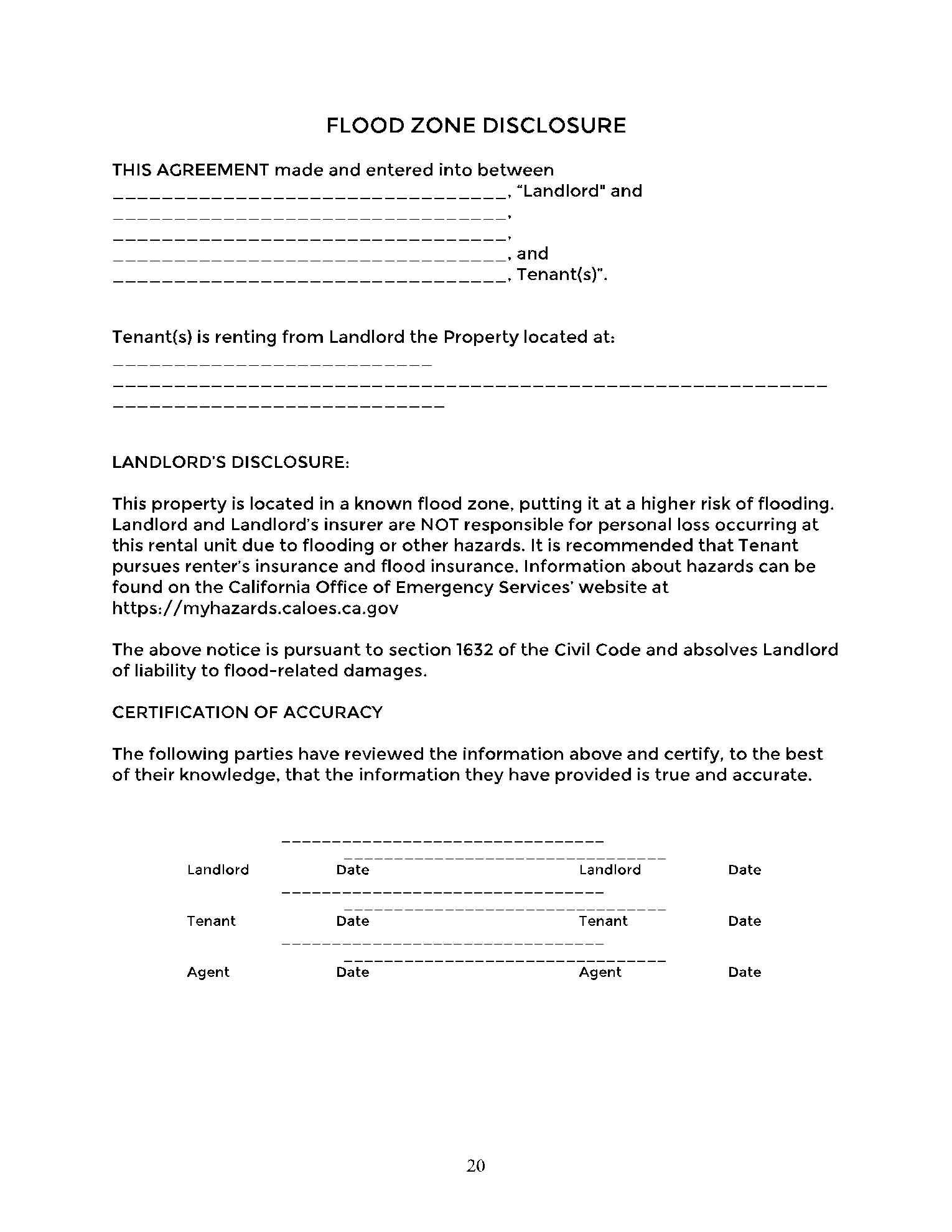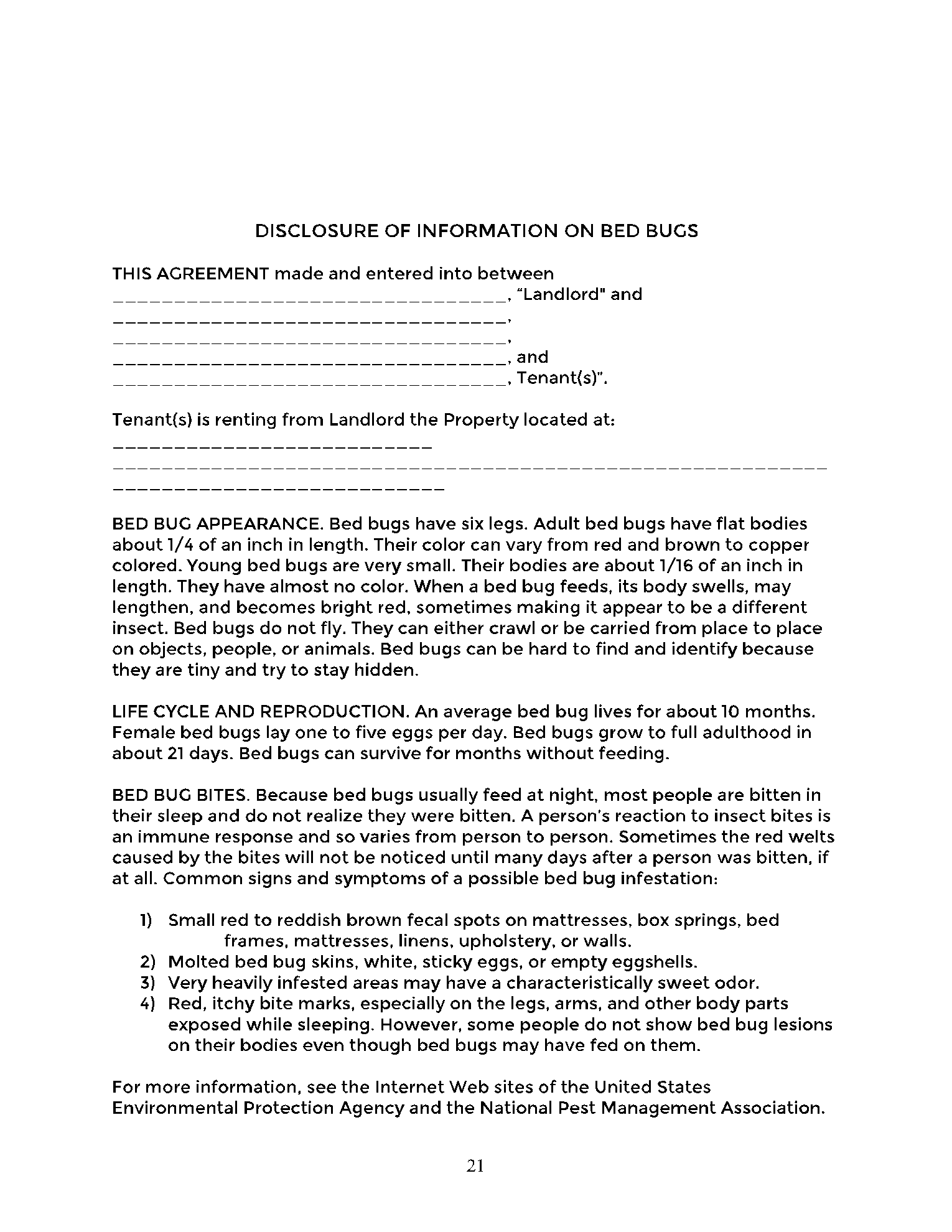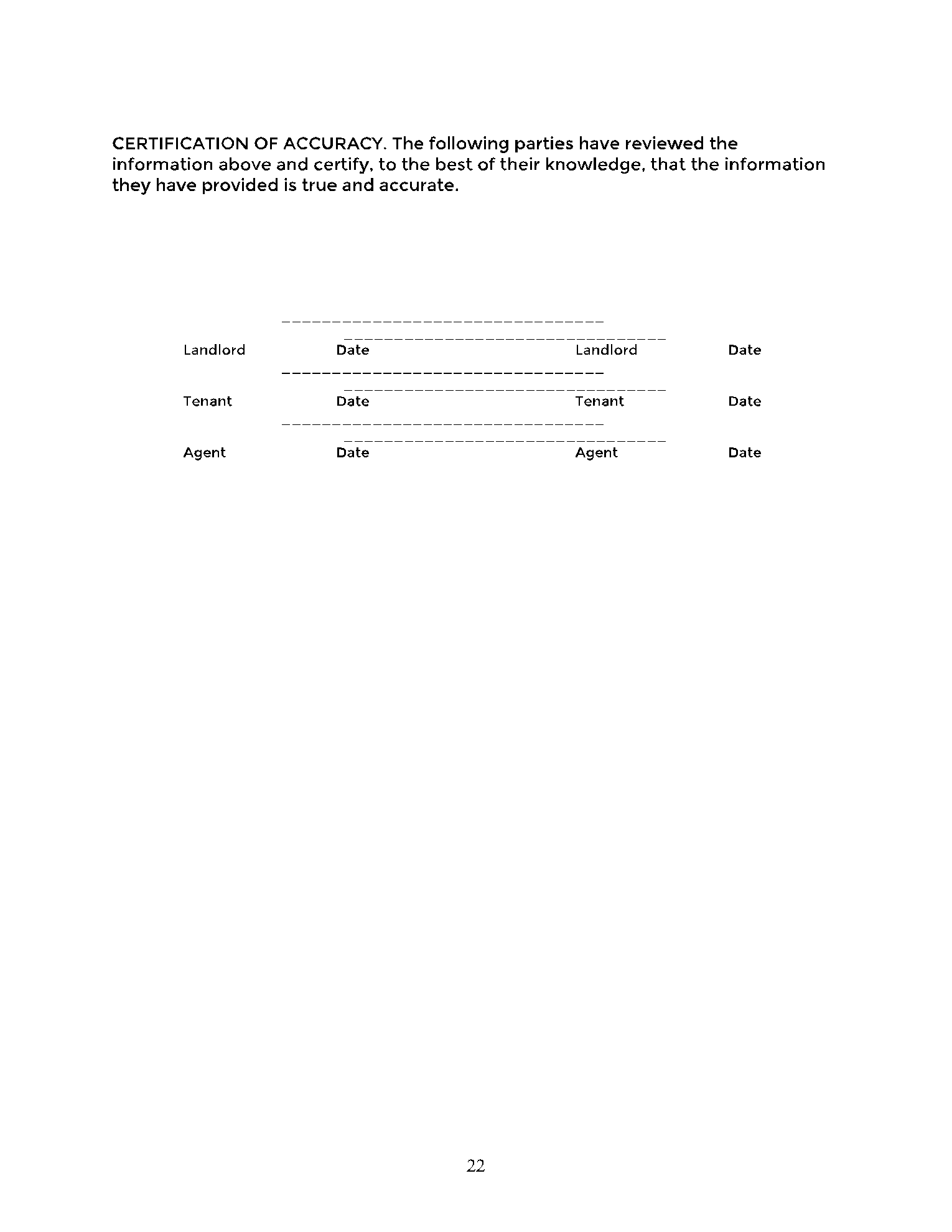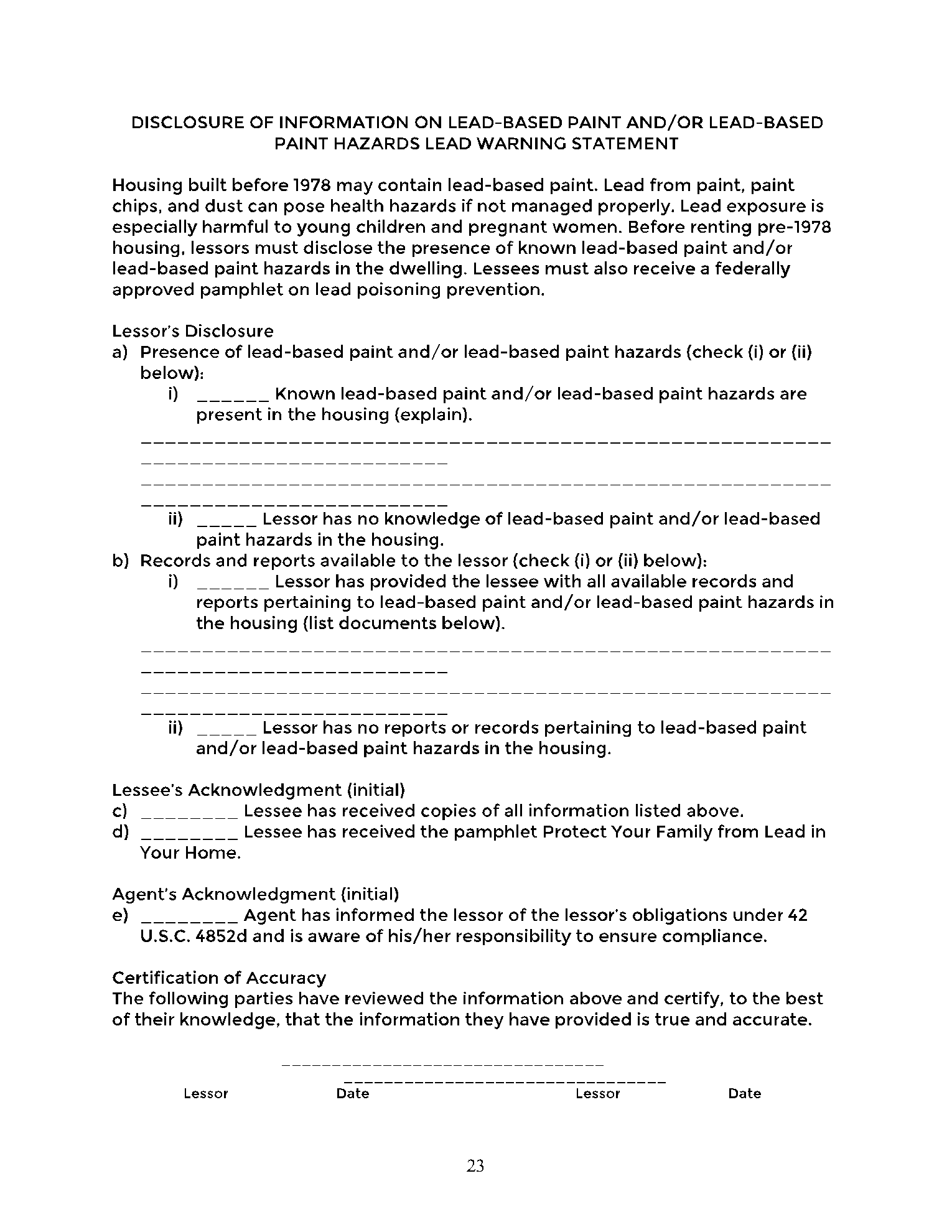Are you looking for information about the California rental lease agreement? Do you want to know what are the laws regarding rental lease and what are the disclosures and addendums? This reading will provide you everything you need to know.
If you want to access a template for California rental lease agreement, you can get it from CocoSign. CocoSign provides a number of templates for you.
What Is a California Lease Agreement?
A California lease agreement is a binding agreement signed between a tenant and a landlord. This agreement is signed to rent residential property in exchange for rent payment.
A California lease agreement addresses all the terms and conditions decided when a person lends his/her property to someone else. This is of course done in exchange for money. The agreement remains valid for a certain period, subject to conditions.
This agreement is a practical document that consists of crucial details about both parties involved. These details include business details, a period for which property is lent, and the amount submitted by the tenant.
There is a difference between a lease agreement and a rental agreement. A rental agreement usually has a month to month basis and it renews itself every month unless a landlord or a tenant terminates it.
Whereas, a lease agreement has a specific beginning date and a specific expiration date. This means that it remains valid for only the certain period mentioned in the agreement. This time period is typically set to a year.
California Landlord and Tenant Laws
California State has some laws that are a must for a tenant and a landlord to obey. Some of these include:
California State Security Deposit
This is the law regarding the maximum amount a landlord can charge a tenant as a security deposit. This restricts the landlord to charge a maximum of two months’ rent.
Once the tenant moves out, it is binding on the landlord to return the security deposit within 21 days. Further conditions may apply, depending upon the condition and location of the building rented.
Late Fees and Rental Rules
This law addresses the issues where a tenant pays the rent late or pays a check that bounces. Law states that the landlord or the rental company can charge a fee for the check that bounces.
Provisions stating the number of notices a landlord can give tenants about the raises in rent are also present. If a tenant pays the rent late or doesn’t pay at all, the law allows evicting the tenant. However, the landlord has 3 days in California to explain filing for eviction.
Moreover, the landlord can terminate the agreement for non-payment of rent. They can charge a late fee to the tenant as well.
Right to Withhold Rent by the Tenant
A tenant can withhold the rent if the landlord doesn’t perform mandatory maintenance of the unit. A tenant is legal to move out of the unit without any notice to the landlord in such conditions. In fact, for certain situations, a tenant can also sue the landlord for not taking the necessary repair actions.
Termination and Eviction Rule
If a tenant violates the agreement conditions, the landlord can terminate the agreement. This includes subletting the unit without the permission of the landlord. However, a landlord must give a 3-days’ notice to the tenant.
Other violations may lead the landlord to file for eviction. This may involve unconditional quit notice and court hearings. Issues where a tenant or a landlord claims against the respective can be taken to Small Claims Court in California. However, the amount should be $10,000 or less.
California Lease Disclosures and Addendums
There are certain things that the California law of residence emphasizes on. These are to be disclosed in the rental agreement.
Asbestos Disclosure
This disclosure is for the buildings constructed before 1979 and the owner knowing about the use of asbestos in it. California requires the owner to disclose every specific information about the asbestos present in the building. This includes providing notice for dangers of the asbestos and measures to take if encountered with it.
Methamphetamine Contamination Disclosure
This is for buildings where the owner knows about methamphetamine production, use, and storage. If this is done without remediation, the owner must disclose it.
Mold Disclosure
This is for properties having mold that can be a health hazard. The owner must disclose it as well as pursue remediation for it.
Sex Offender Registry Notice
This is applicable to every kind of property. The right of a tenant to access information related to the sex offender registry must be disclosed in the lease agreement.
Demolition Permit Disclosure
If the owner of the property intends to demolish it, it should be disclosed in the agreement. The landlord must mention specific dates for this purpose.
Military Ordnance Disclosure
This is for properties located within 1 mile of any known military testing sites. This is because this ordnance poses a risk for people living nearby, who should be aware of it.
Death in a Rental Unit Disclosure
This is for properties in which death has occurred during the past 3 years. This excludes deaths due to HIV or AIDS.
Pest Control Disclosure
This is for buildings where pesticides are applied. This includes pest control schedule or pesticides for infestations.
Shared Utilities Arrangements
This is for units that don’t have a separate meter and share it with other unit or location. In California, it is common for each unit not having a separate utility meter. The utilities include water, electricity, gas, and sewage.
Bed Bug Disclosure
This is applicable for all units to inform the tenant about any possible bed bug.
Lead-Based Paint Disclosure
This is for buildings constructed before 1978. The landlord must disclose the risks from the lead-based paints used.
Flood Zone Disclosure
This is for any building located in a flood zone. The landlord must disclose it in the agreement.
Optional Disclosures and Addendums
The lease disclosure and addendums that are not mandatory by law include:
Landlord Name and Address
This is an optional disclosure to maintain communication with the tenant.
Medical Marijuana Use
The landlord must disclose whether marijuana use is allowed or restricted in the unit. California law allows the landlord to restrict marijuana use.
Late and Returned Check Fees
The landlord can disclose the late fee that they will charge upon check bouncing or late payment by the tenant. The law doesn’t limit this fee, however, it should be reasonable-often a maximum of 10% of the rent.
Conclusion
Now that you have read about the California rental lease agreement, its laws, and mandatory disclosures. You can get a California lease agreement pdf from CocoSign. CocoSign has put together a great selection of California rental lease agreement. You can also access CocoSign for different types of agreements.
